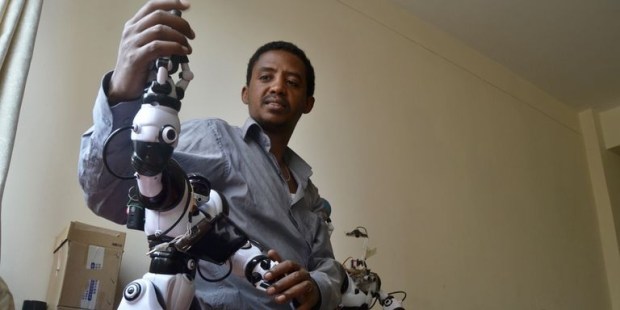By Ben Goertzel, Bill Hibard, Nick Baladis, Hruy Tsegaye, and David Hanson
Recent dramatic progress in artificial intelligence (AI) leads us to believe that Ray Kurzweil’s prediction of human level AI by 2029 may be roughly accurate. Even if reality proves to be a bit different, still it seems very likely that today’s young people will spend most of their lives in a world largely shaped by AI.
The rapid advent of increasingly advanced AI has led many people to worry about the balance of positive and negative consequences AI will bring. While there is a limit to the degree anyone can predict or control revolutionary developments, nevertheless, there are some things we can do now to maximize the odds that the future development of AI is broadly positive, and the potential for amazing benefits outweighs the potential risks.
One thing we can do now is to advocate for the development of AI technology to be as open and transparent as possible — so that AI is something the whole human race is doing for itself, rather than something being foisted on the rest of the world by one or another small groups. The creation and rollout of new forms of general intelligence is a huge deal and it’s something that can benefit from the full intelligence and wisdom of the whole human race. Specifically we need transparency about what AI is used for and how it works.
For this reason we are gathering signatures on a petition in support of Transparent AI. Please sign if you agree!
Read More






